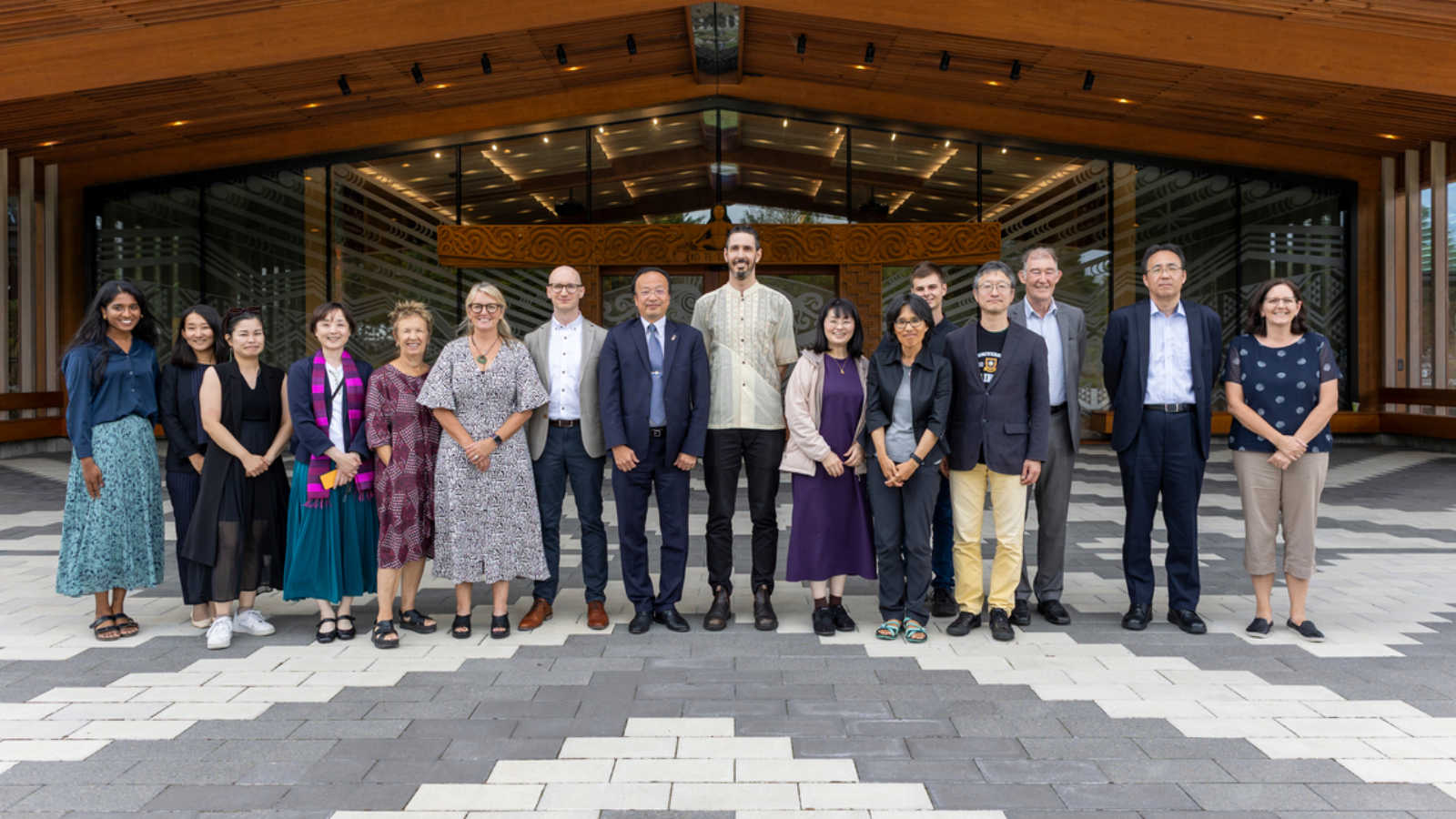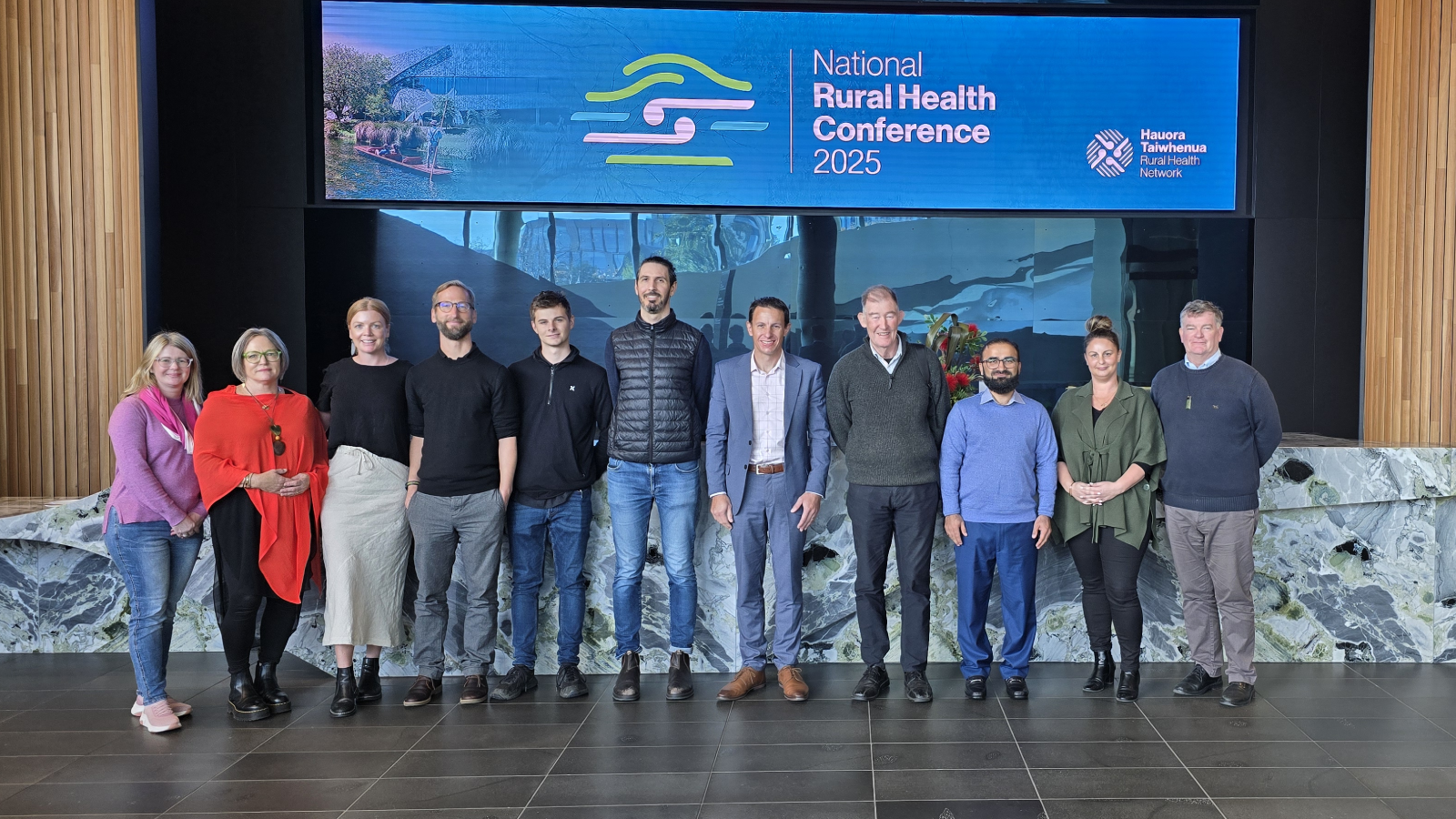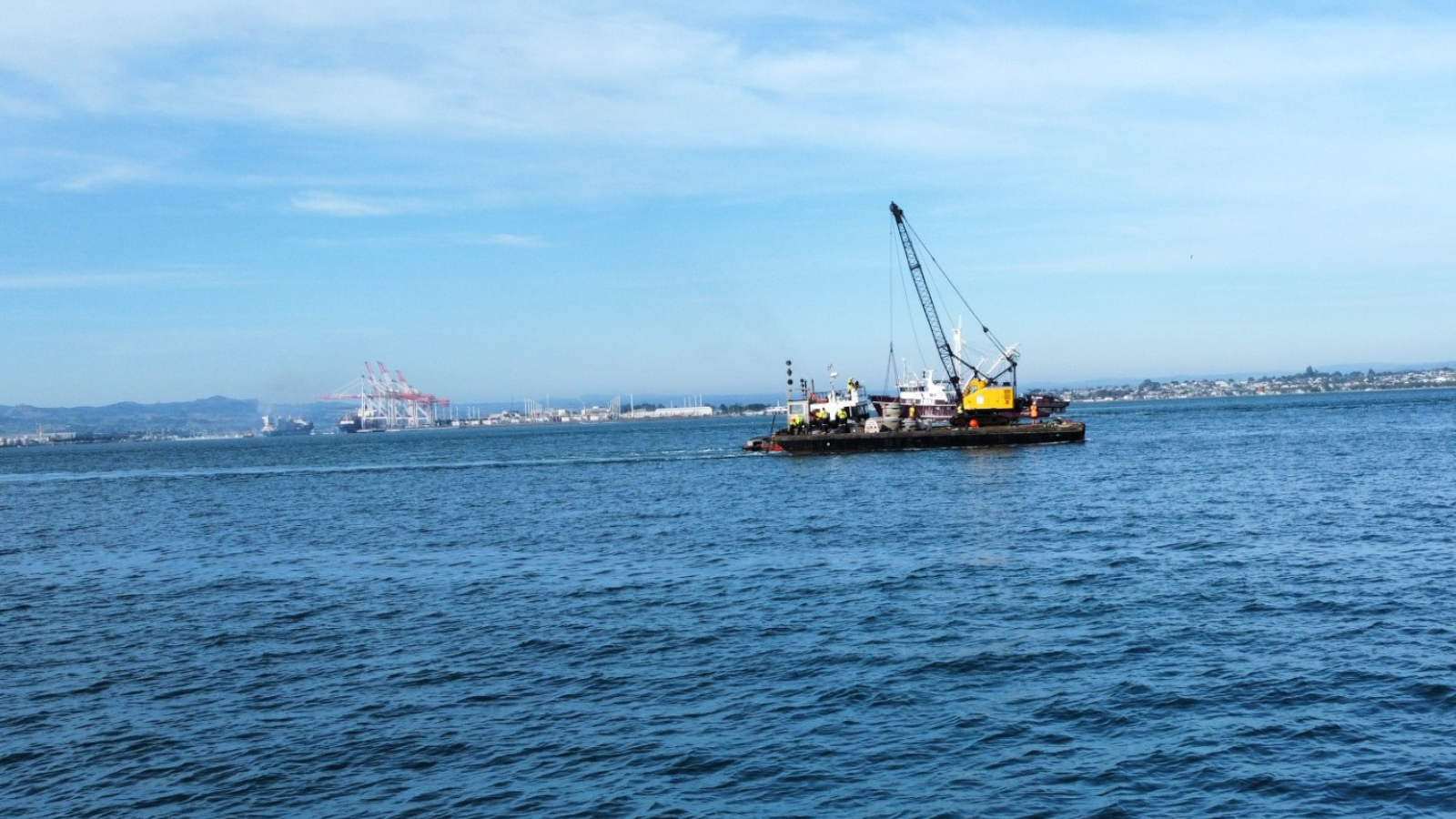
The University of Waikato launched New Zealand’s first AI Institute in 2021 and has installed New Zealand’s most powerful supercomputer to support the work of its researchers.
University of Waikato researchers are using artificial intelligence (AI) and machine learning to tackle problems from understanding climate change to improving water quality and managing invasive pests.
“AI has the potential to change life as we know it,” says Professor Albert Bifet, Director of Te Ipu o te Mahara AI Institute at the University.
“For young people that want to make a difference in the world and build the next big thing, AI is definitely the place to be,” says Professor Bifet.
The University has made a commitment to positioning New Zealand as a world leader in AI research and development. It launched New Zealand’s first AI Institute in 2021, and has installed New Zealand’s most powerful supercomputer to support the work of its researchers.
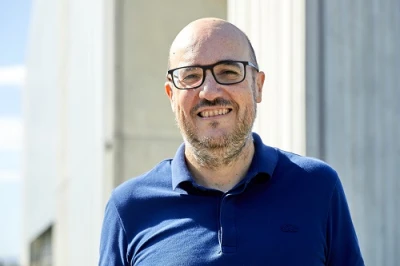
Professor Albert Bifet says New Zealand can be home to both users and developers of AI.
A key focus is also ensuring AI is available to everyone, so it can be harnessed by our communities as a force for good.
“There is a big opportunity in New Zealand to not only be users of AI but to also be developers of AI,” says Professor Bifet.
The University is the birthplace of WEKA, one of the most downloaded open source machine learning software in the world. Now a $13 million project funded by the Ministry of Business Innovation and Employment, TAIAO (Time-Evolving Data Science / Artificial Intelligence for Advanced Open Environmental Science) is forging a new path in AI.
TAIAO brings together environmental data, collected in real time, and makes it available on one platform so researchers and scientists from anywhere can collaborate to solve challenges from tackling climate change to reversing environmental damage.
The software platform has been created in collaboration between the University of Waikato, the University of Auckland, University of Canterbury, Victoria University, MetService and Beca.

Professor Albert Bifet, Director of Te Ipu o te Mahara AI Institute at the University of Waikato says AI has the potential to change life as we know it.
“This project brings together PhD students, post-docs, data scientists, environmental scientists and software engineers who are all focused on developing new methods for analysing data and sharing new knowledge with the aim of solving some of the biggest challenges we face,” says Professor Bifet.
They are already working with SCION using radar technology developed by NASA to understand how water flows through our forests to help improve water quality and availability.
Seven forests throughout New Zealand have been scanned by plane, and thousands of wireless sensors have been fixed in the ground attached to trees collecting data every hour to understand how water flows through our forests and how we can harness that to improve water quality and availability.
They are also working with organisations including Regional Councils to identify and manage invasive pests.
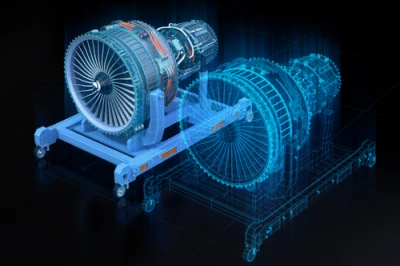
Professor Bifet says machine learning and AI coupled with the expertise at the University of Waikato have the potential to unlock the answers to many of the questions facing the world right now.
In another project they are collecting aggregated wave and atmospheric forecast data, and analysing it alongside Google’s Earth Engine Data Catalog, wave buoy data collected by MetOcean and Sentinel Satellite snapshots of the Waikato region to look at climate adaptation and resilience.
Professor Bifet says TAIAO will be transformational in how scientists and communities tackle issues like climate change and environmental management using AI in the future.
Most recently the University also launched a new PhD in collaboration with the Gallagher Chiefs where researchers will use AI to analyse data sets and understand what influences a winning performance.
“Machine learning and AI coupled with the expertise we have here at the University has the potential to unlock the answers to so many of the questions we are facing,” says Professor Bifet.
“The work we are doing has a positive impact for NZ Inc, both in how to work with real time, big data and how to use it to address our most pressing challenges and have real impact for our communities,” he says.

